China Imposes Sanctions on U.S. Defense Firms Over Taiwan Arms Sales: A New Chapter in U.S.-China Tensions
China Imposes Sanctions on U.S. Defense Firms Over Taiwan Arms Sales: A New Chapter in U.S.-China Tensions
In a significant escalation of tensions between the United States and China, Beijing has announced sanctions against seven U.S. defense companies over their involvement in arms sales to Taiwan. The Chinese Ministry of Foreign Affairs (FM) strongly condemned the actions, stating that the U.S. defense firms’ activities “violate the one-China policy, interfere in China’s affairs, and harm its sovereignty.” This move comes as part of China’s continued efforts to assert its claim over Taiwan, a self-governing island that Beijing considers a breakaway province, despite its de facto independence and separate government.
In this article, we will examine the implications of these sanctions, the broader geopolitical context, and what this means for the relationship between China and the U.S., as well as for Taiwan’s security.
The Background: Arms Sales to Taiwan and the One-China Policy
The root of this conflict lies in Taiwan’s status. While Taiwan has maintained its own government, military, and economy for decades, China has consistently stated its intention to reunify Taiwan with the mainland, by force if necessary. The one-China policy is a cornerstone of Chinese foreign policy, which asserts that there is only one China and that Taiwan is a part of it. Under this policy, Beijing views any foreign support for Taiwan, particularly military assistance, as an infringement on its sovereignty.
The United States has long been caught in a delicate position with respect to Taiwan. Although the U.S. does not formally recognize Taiwan as a sovereign state, it has maintained a policy of strategic ambiguity. The U.S. has unofficial relations with Taiwan, and since the Taiwan Relations Act of 1979, it has continued to provide Taiwan with arms to help ensure its self-defense capabilities. However, the U.S. has refrained from establishing formal diplomatic ties with the island, in keeping with the one-China policy.
This latest round of Chinese sanctions is in response to a series of U.S. arms sales to Taiwan, including advanced weaponry, such as F-16 fighter jets, air defense systems, and other military equipment. Beijing views these sales as direct interference in its internal affairs and a violation of the one-China policy, which has heightened the sense of conflict and rivalry between the two global powers.
Chinese Response: Sanctions Against U.S. Defense Firms
In response to the U.S. defense firms’ involvement in the arms sales to Taiwan, China announced sanctions against seven companies. While the names of the firms were not disclosed in all reports, these sanctions likely target some of the largest players in the U.S. defense industry, including companies like Lockheed Martin, Raytheon, and Boeing, all of which are involved in supplying arms to Taiwan.
The sanctions could take several forms, including travel bans for executives, asset freezes, and prohibiting the companies from conducting business with Chinese entities. These measures are part of China’s broader strategy to punish and deter foreign companies and governments from supporting Taiwan. China has a history of imposing sanctions on foreign companies that have been involved in military support to Taiwan or other issues that Beijing considers politically sensitive.
Chinese Foreign Ministry spokesperson Zhao Lijian made the following statement regarding the sanctions: “The U.S. actions violate the one-China policy, interfere in China’s internal affairs, and harm China’s sovereignty and security interests. China will continue to take all necessary measures to safeguard its legitimate rights and interests.”
This development is just the latest in a series of moves by Beijing to demonstrate its resolve in protecting its territorial claims over Taiwan and countering foreign involvement in Taiwan’s defense. The imposition of sanctions sends a strong message to the U.S. and other nations about the potential consequences of continuing arms sales to Taiwan.
The Broader Geopolitical Context: Rising Tensions Between China and the U.S.
The imposition of these sanctions is part of an ongoing geopolitical rivalry between the United States and China that spans various issues, including trade, technology, human rights, and military influence. The U.S. and China have been engaged in a trade war for years, with both nations imposing tariffs on each other’s goods and competing for dominance in global markets. At the same time, both countries have significant military presences in the Indo-Pacific region, and tensions over Taiwan are just one aspect of their broader competition for regional influence.
The situation surrounding Taiwan has become one of the most contentious points in the U.S.-China relationship. While the U.S. does not have formal defense obligations to Taiwan, American officials have made it clear that any Chinese aggression against Taiwan would have serious consequences. The U.S. military has increased its presence in the Indo-Pacific, conducting freedom of navigation operations in the South China Sea and other actions designed to counter China’s growing military assertiveness in the region.
China, on the other hand, views the U.S.’s continued military support to Taiwan as a provocation and a challenge to its territorial integrity. Beijing has warned that any attempt by the U.S. to formalize its support for Taiwan, or increase military aid to the island, will be met with strong opposition, including potential military action. In this context, the sanctions on U.S. defense firms reflect China’s ongoing efforts to deter further U.S. involvement in Taiwan’s defense.
Impact of Sanctions: Economic and Diplomatic Fallout
The imposition of sanctions on U.S. defense firms could have several significant impacts, both economically and diplomatically.
1. Economic Impact on U.S. Companies
U.S. defense contractors like Lockheed Martin, Raytheon, and Boeing are some of the largest global arms manufacturers, and they stand to lose billions of dollars in business if they are sanctioned by China. The Chinese market, while not as significant for these firms as the U.S. market, represents a growing area for defense sales and cooperation in other sectors, such as aerospace and aviation.
China has been a key buyer of military and commercial equipment from these companies in the past. While the sanctions might not completely sever trade ties, they could make it more difficult for U.S. firms to do business in China, impacting their bottom lines and potentially straining relationships with Chinese counterparts in other industries.
2. Diplomatic Consequences
The sanctions are also likely to have diplomatic consequences, further straining relations between the U.S. and China. The U.S. may respond to the sanctions by imposing its own measures against Chinese companies or by increasing military and diplomatic support for Taiwan. The potential for escalation is high, as both sides may view these actions as signals of intent and power.
These sanctions may also influence U.S. allies, particularly those in Europe and Asia, in their dealings with China. Some countries may be reluctant to get involved in the geopolitical standoff, but others might feel pressure to choose sides, especially as China continues to flex its influence across the globe.
3. Heightened Risk of Military Confrontation
While the sanctions are primarily economic and diplomatic in nature, they also raise the stakes in the broader strategic competition between the U.S. and China. Taiwan remains a flashpoint for potential military conflict, and the continued arms sales to Taiwan by the U.S. could provoke a response from China, which has repeatedly threatened military action should Taiwan move toward formal independence.
The situation is particularly tense in the South China Sea, where China has been building and militarizing artificial islands, and in the Taiwan Strait, where both Chinese and U.S. military forces regularly conduct exercises. The sanctions, therefore, add a new layer to this already fragile situation, raising concerns about the risk of unintended military escalation.
Conclusion: A Deepening Divide
China’s decision to impose sanctions on U.S. defense firms over arms sales to Taiwan represents a significant development in the ongoing tensions between the two global powers. It underscores China’s determination to assert its sovereignty over Taiwan and its growing impatience with foreign support for the island’s defense. For the United States, the situation highlights the delicate balancing act it must perform in supporting Taiwan while managing its complex relationship with China.
As both countries continue to navigate this geopolitical minefield, the risk of further escalation remains high. The sanctions are likely to deepen the divide between China and the U.S., with both nations bracing for a prolonged period of rivalry and strategic competition. In the meantime, Taiwan finds itself at the center of a high-stakes geopolitical struggle, where its security and sovereignty are the subject of both diplomatic maneuvering and military threats.
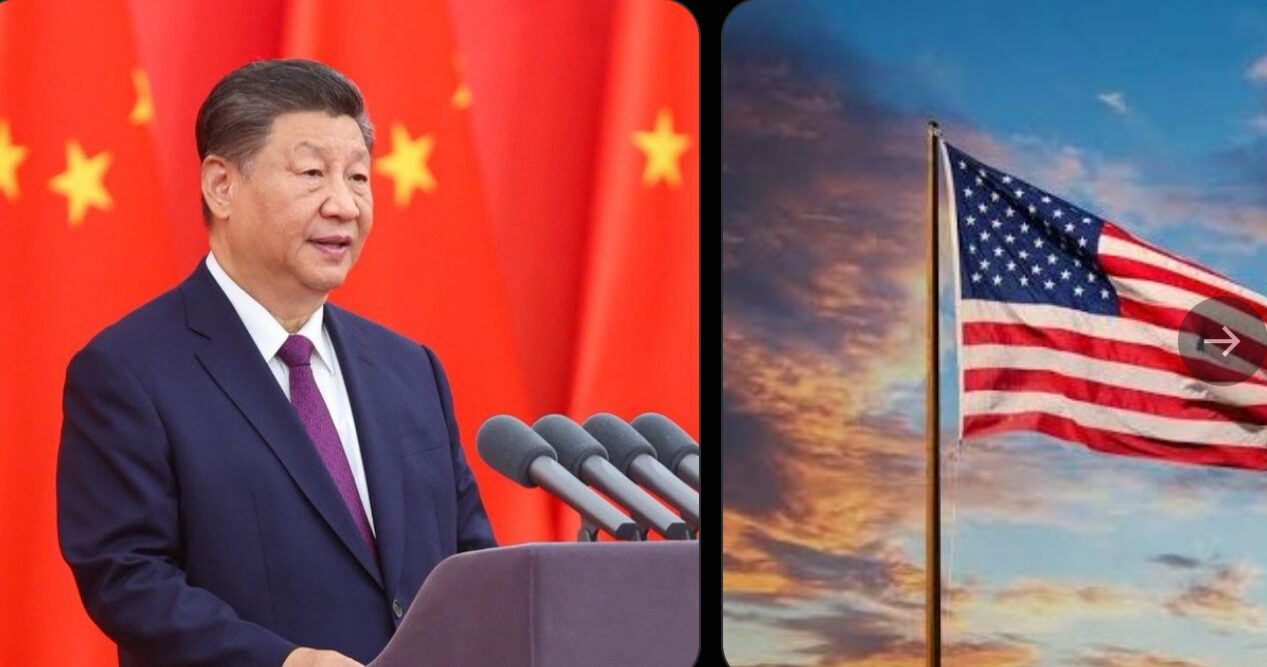
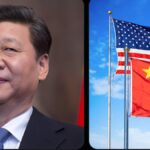


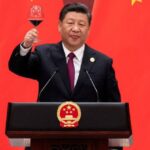
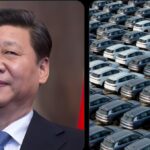


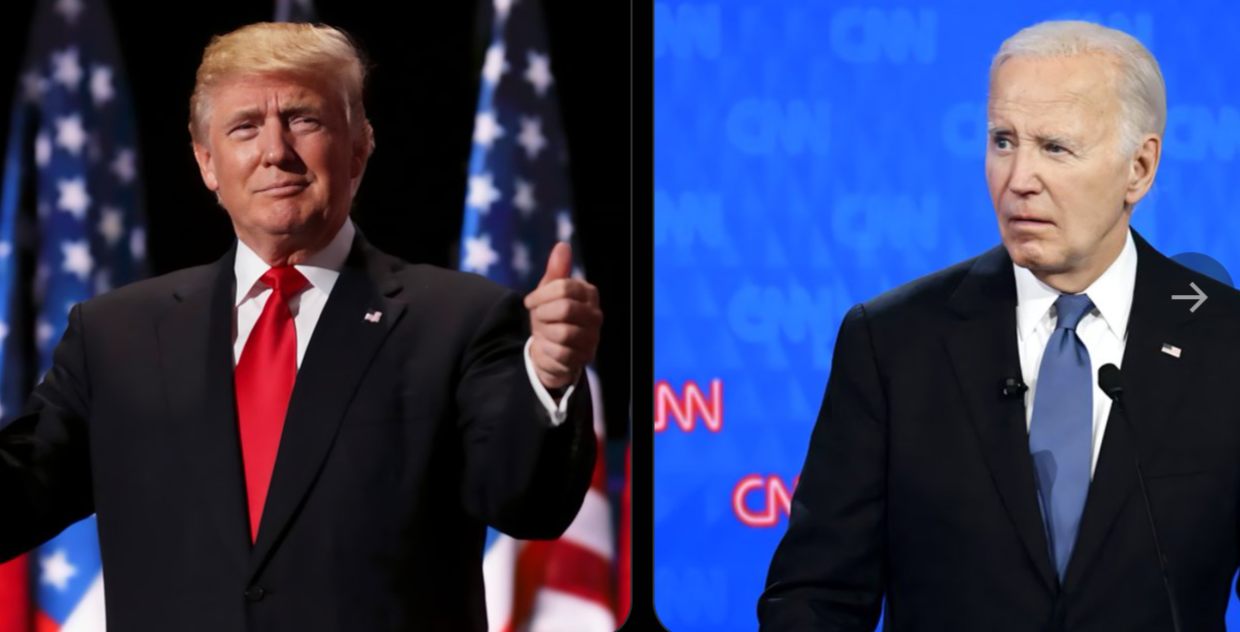








Post Comment